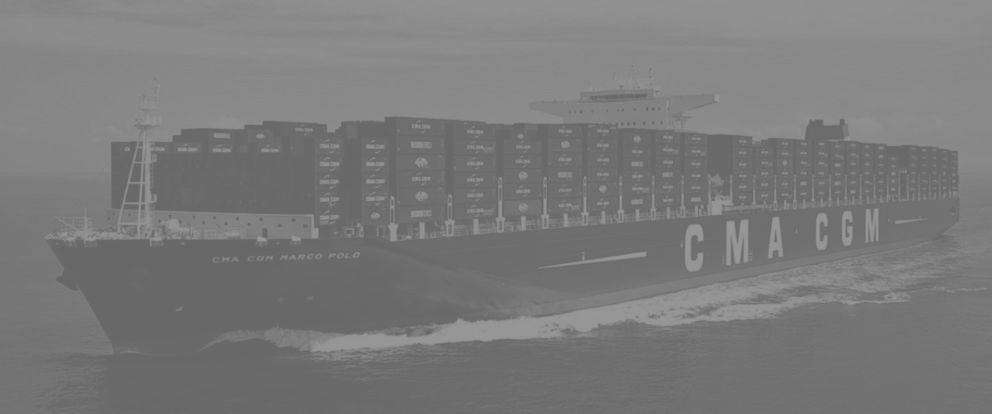Marine Cargo Insurance
Marine cargo insurance, also known as freight insurance, marine insurance or shipping insurance, covers the risks of loss or damage to goods and merchandise while in transit by any method of transport – sea, rail, road or air – and while in storage anywhere in the world between the points of origin and final destination.
What types of business require cargo insurance?
The need for cargo insurance is not limited to import/exporters or transport providers. Regardless of what business you are in, it’s likely at some point during your supply chain you will be sending or receiving goods. Some key industries that rely heavily on shipping include:
Manufacturing – bringing in raw materials and distributing finished products
Agriculture – primary producers are continually transporting goods to and from their farms – ranging from grains and fruits to livestock transport
Wholesalers – moving goods from producer to retailer
Retailers – moving stock from warehouses and stock transfers
Mining – importing and exporting raw materials and equipment
Transit Insurance
Most of the time, goods arrive at their destination without incident, however in the event that the unthinkable happens the consequences can be devastating for you and your business if you do not have adequate and appropriate cargo insurance coverage.
When is cargo insurance required?
Whenever you are moving goods from one place to another it is advisable to have cargo insurance. The period of time you are covered for will be clearly defined in your policy and should start before the product leaves the place of origin and conclude after the goods are received.
Cargo insurances is a complex product and ranges from basic minimal protection to more comprehensive policies that can include loss of sales and replacement of products.
The types of coverage available also vary widely and can include cargo, commercial hull and marine goods in transit. Often, these covers can be combined to ensure your cargo is protected.
There are two main types of cargo insurance available:
Open or Annual Cover – (mainly for regular shippers such as importers/exporters)
This is the most common form of cargo insurance, most often used by regular shippers of goods such as importers and exporters including freight forwarding agents, where a policy is issued to cover a number of consignments being shipped to and from various ports and destinations throughout the year. The policy can be either for a specific value that requires renewal once the insured amount is exhausted, or an open policy that will be issued for an agreed period, allowing any number of shipments during that time. This type of cover is sometimes referred to as an ‘Open or Annual Policy’ as the insurance cover remains in-force for a stated period of time, usually 12 months.
Single Cargo Shipments – (for one-off shipments)
This is the next most common form of cargo insurance, mainly taken out by individuals and small businesses for one-off shipments of cargo & freight. This is where the cargo is priced and covered as one shipment from a particular destination to another – the cover usually commences at the point of departure and ceases upon arrival at the cargo’s destination which could be a port or the customer’s premises – often referred to as ‘Warehouse to Warehouse’. This type of cover is also sometimes referred to as a ‘Voyage Policy’ as the insurance covers only that specific shipment/voyage.
Inland cargo insurance
This type of policy protects the transport of commercial goods overland.
Marine goods in transit
If you are a commercial transport operator, cartage insurance is designed to cover the goods you are transporting. There are a number of variations for this type of insurance and the type of coverage that best suits your needs will depend on the type of agreement you have entered into with your client.
Cargo insurance is a complex product with many variables for each specific situation. It is best to discuss your exact requirements with your insurance adviser.
It is important to seek professional advice to tailor your marine cargo insurance to meet your specific needs.
